2 min read
Gospel-Centered from the Start
“Let us hold unswervingly to the hope we profess, for He Who promised is faithful…Jesus Christ is the same yesterday, today, and forever.” (Hebrews...
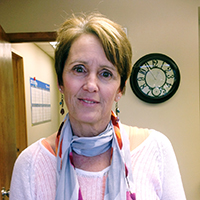 Depression is common among those beginning recovery at UGM. In the first part of an interview with Jan Vetter, UGM LIFE Recovery Counselor, Jan sheds light on the mental disorder based specifically upon her experience at the Center for Women and Children.
Depression is common among those beginning recovery at UGM. In the first part of an interview with Jan Vetter, UGM LIFE Recovery Counselor, Jan sheds light on the mental disorder based specifically upon her experience at the Center for Women and Children.

How common is depression among the women coming to the Center?
I checked our med sheets, and we have 17 out of 33 women who are on an anti-depressant. Seven of those are also on an anti-anxiety med as well.
"An estimated 46 percent of homeless adults staying in shelters live with severe mental illness and/or substance use disorders." < Tweet this.
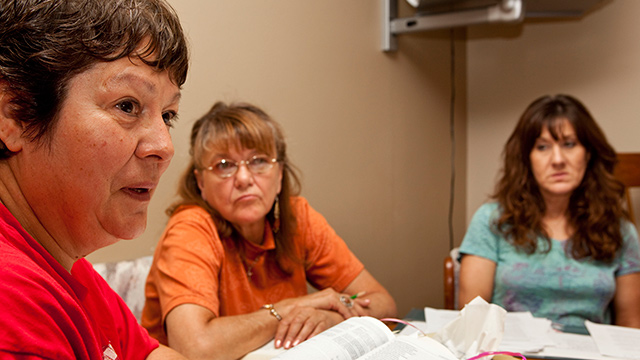
Do you ever see it manifested in the children?
From my observation, I see sadness in most of the children at the Center. I believe they have other disorders going on—RAD, Encopresis, ODD and one child had Conduct Disorder. Often they appear lost and distressed. What they have known about the world up to this point in their lives has not been loving, safe and secure.
It would be wonderful if we had a recovery program for them as well. The children’s program is loving and wonderful, but unable to offer counseling or other services to help the children deal with their history.

Is there a connection between depression and addiction?
"Depression affects 27 percent of those with substance abuse problems" < Tweet this.
This is a common dual diagnosis. “Which came first?” is the question many have been unable to give a definitive answer to. I believe depression can lead to self-medicating which can lead to addiction. The self-medicating addiction provides temporary relief, but ultimately perpetuates depression.
Roughly what percentage of the women entering the program have attempted suicide in the past?
After talking with another counselor, I’m going to say about 40%. We looked at our current caseload and took a percentage from that.
How common is suicidal ideation among current residents?
I would say, in the early stages of recovery this is probably a common thought (ideation). Once they realize how difficult recovery can be, it is a powerful double bind to stay clean.
I can think of two clients who have attempted suicide since being in recovery. They both made a choice that meant leaving the Center, and while they were out and awaiting an accountability meeting, they unsuccessfully tried to overdose. One resident ended up in the hospital in a drug-induced coma. She re-entered recovery and is about to start transitioning out of the Center. The other one survived on her own, in her hotel room. She is also back at the Center and about to start her business practicum.
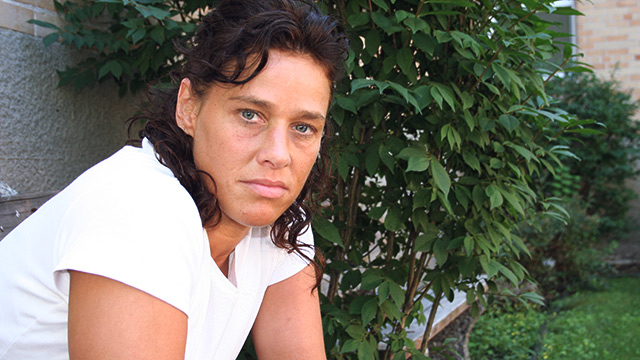
What are some of the underlying causes of depression?
I believe depression is one of the ways our bodies cope with ongoing, unresolved pain and stress. Pain and stress can come from abandonment, abuse, neglect, loss, tragedy, trauma AS WELL AS our own sinful responses to these wounds. Depression can be deepened by sinful choices. Sinful responses include judgment, blaming, resentment, bitterness and unforgiveness.
It is difficult to be who God created us to be, feel God’s presence in our lives and hear His voice when sin is in our hearts. The result of this is more loneliness, shame and depression (or the need for another coping mechanism).
I am in agreement with the theories that prescribe medication to treat depression. I believe our body gets out of balance neurochemically, and medication is needed to bring a person up to a certain level of functioning in order to benefit from other treatment (i.e. psychotherapy). I have also witnessed - in myself and others - that it is possible to come off of anti-depressants once a certain amount of healing has taken place and recovery has been stabilized and tested.
How is depression different from the blues?
Depression is an ongoing condition with specific symptoms and criteria that can be diagnosed.
Major DepressionDepression shows itself in different ways. A clinical diagnosis for Major Depression occurs when someone is experiencing five or more of the following symptoms, most days, for more than two weeks.
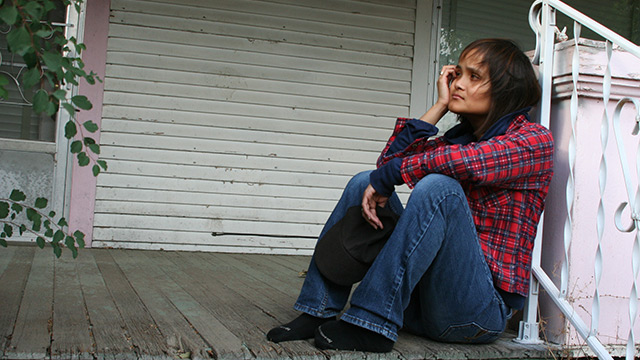
Once diagnosed, Major Depression can be treated with medication and different models of therapy. Cognitive Behavioral Therapy is an effective modality for treating depression and is one of several modalities used at UGM.
The “blues” refers to a mood. A mood is temporary. Feelings of sadness, loneliness, or worthlessness can be caused by life events and are normal and appropriate responses to different situations including physical issues (i.e. lack of sleep, or poor diet).
When these feelings persist and begin to have a significant impact on someone’s ability to do life, that is when it might begin to cross over into clinical depression. The “blues,” if persisting and causing impairment in the client’s life, is worthy of counseling attention as well. The “blues” could evolve into depression.
In part two of this interview, Jan discusses ways depression is addressed. Stay tuned.
Learn more about the root causes of depression and addiction from UGM Counselor John Dunne in this Counselor's Couch video.

2 min read
“Let us hold unswervingly to the hope we profess, for He Who promised is faithful…Jesus Christ is the same yesterday, today, and forever.” (Hebrews...

9 min read
To celebrate 75 years of serving the Inland Northwest, we are spending the year remembering our history and the faithfulness that built us and...

2 min read
In 2026, Union Gospel Mission Inland Northwest is approaching our 75th Anniversary! This is a milestone that invites gratitude and reflection, and...
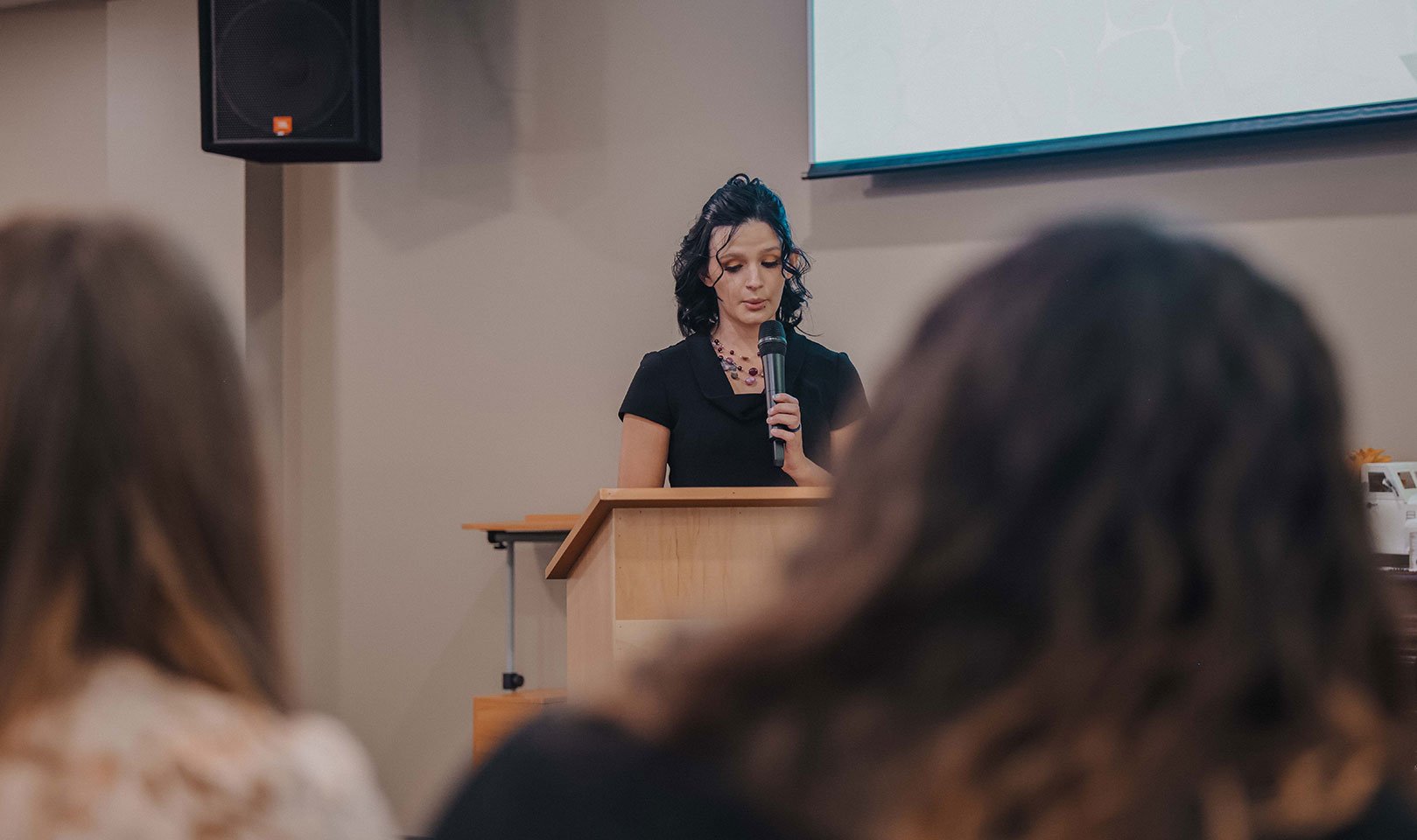
UGM program resident Jessika wrote a “breaking up with addiction letter” and shared at the fall LIFE Recovery Phase Promotion. Women receiving...

In the first part of this interview with UGM LIFE Recovery Counselor Jan Vetter, she described depression and the role it can play in addiction and...
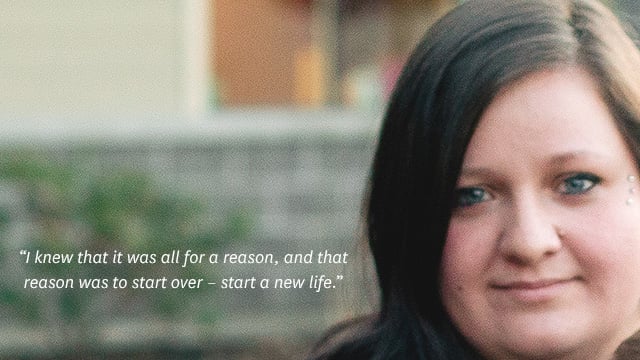
By Merrily Brast, Staff Writer At the beginning of 2013, Shannon Duval was sitting in a jail cell. She had lost her children, her job, her home and...